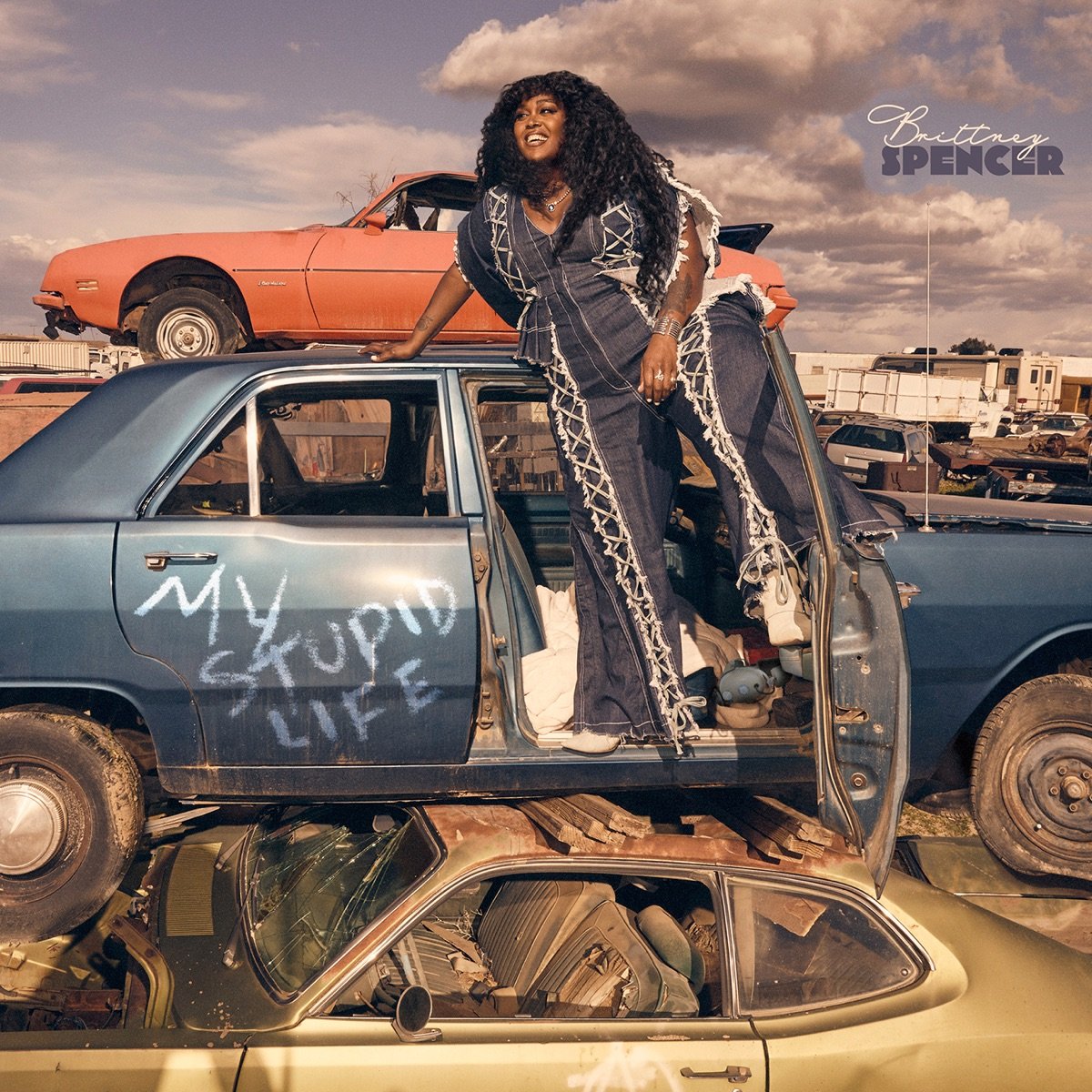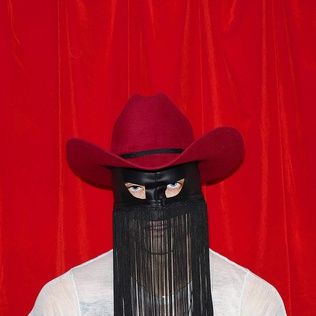
It’s probably obvious that this post is a response to the release of Beyoncé’s new countrified album Cowboy Carter, to which I have been listening religiously. Despite her insistence that Cowboy Carter “ain’t a country album, [it’s] a Beyoncé album”, the album is a self-admitted response to “an experience I had years ago where I did not feel welcomed…and where it was very clear that I wasn’t.” Fans suspect this is a reference to her 2016 performance with The Chicks at the Country Music Awards, during which they performed Beyoncé’s “Daddy Lessons” to a chilly audience. As (sadly) expected, some folks in the country community still have their hackles raised at (the horror!) a Black woman daring to wade into the country waters, despite being from literal Texas and shouting out Houston every chance she gets (their argument might be that Beyoncé is a pop artist and therefore doesn’t have the chops for country, but I don’t remember any hubbub when the loudly Italian-American pop queen Lady Gaga released Joanne).
When I ask if country music can be “cool”, perhaps I should clarify what I mean by that vague descriptor. Maybe it’s different for the kids now, I don’t know! But for me “cool” indicates that timeless quality of being slightly outside—and, to channel 90s smugness, slightly above—the mainstream, of possessing an effortless je ne sais quoi, of challenging social norms instead of supporting the status quo. It’s by this definition that today’s mainstream country music misses the mark: as a genre (and this is speaking broadly), it is dedicated to upholding the conservative, patriarchal, exclusionary values of a certain racial and social class. It’s not the only popular genre dominated by white (blond, even!), straight, cis men—rock music has that in spades as well, but rock musicians tend to lean more alternative. Not so with mainstream country. Ontario’s annual Boots and Hearts festival returns this year boasting Jason Aldean as a headliner, the singer whose controversial “Try That in a Small Town” has been derided even by a Tennessee State Representative as a “pro-gun, pro-violence, modern lynching song.” It’s the opposite of cool (apologies to Luke Combs, whose cover of “Fast Car” is lovely, and he seems chill enough).

But that’s the state of things now. Originally, country was simply the sound of a “new” continent. A quote from American folk musician John McEuen reads: “It was a combination of the Irish; the recently freed slaves, bringing the banjo into the world; the Spanish effects of the vaqueros down in Texas; the Germans bringing over the “oom-pah” of polka music, all converging.” There was even influence from the Native communities of the Old West—essentially, everyone was involved in the creation of country music. It also was a product of (and for) the working class, the downtrodden, the people on the margins of society. It’s Johnny Cash singing to prisoners at Folsom Prison; it’s Willie Nelson being staunchly pro-marijuana in an anti-drug climate; it’s John Denver advocating for environmentalism and against Reagan; it’s Dolly Parton offering free books to children amidst calls for book bans. So can the genre be returned to its cool, transgressive, inclusive roots?
Cowboy Carter is being billed as “Act ii”, with “Act i” being 2022’s Renaissance. While the two could not be more sonically different (Renaissance is a celebration of dance music: disco, bounce, house, etc.), what they have in common is an almost scholarly approach to their respective genres. Beyoncé and her team don’t just simply slap some banjos or some oontz-oontz beats on a song and call it a day; the songs are crafted within specific, intentional reference points of the genres. They are a deep dive into the history of both dance music and country music—specifically tracing the contributions of Black artists in shaping those musical styles before they were embraced why wider audiences. Renaissance is steeped in the stylings of Studio 54 and onward, and Cowboy Carter pays homage to Black country performers of yesteryear (Linda Martell, the first successful Black female country artist, speaks on the record’s interlude “The Linda Martell Show”) as well as bringing in contemporary voices such as Brittney Spencer, Willie Jones, and even Miley Cyrus to sing alongside her. The album opens and closes with songs that contend with modern day America against its own mythology (“American requiem / Them big ideas are buried here” say the opening and closing songs), asking how to rebuild. It feels truer to the roots of country than songs about drinking beer in trucks (funnily, though, she maintains the tradition of women singing about killing a man in “Daughter”. Some tropes die hard!).

Beyoncé isn’t the only artist working to diversify the genre, of course. I spent 2020 listening to Orville Peck’s Pony back-to-back, a kitschy throwback album in the tradition of Roy Orbison mixed with Elvis. Peck himself is a mysterious masked figure who got his start in Toronto, and is openly gay—still uncommon in the genre (his most recent release is a collab with Willie Nelson covering “Cowboys Are Frequently Secretly Fond of Each of Other”). He wears his cowboy persona like a drag queen wears makeup: dramatic, over the top, but from a place of love and reverence. Across the pond you’ll find Yola, a Black female musician whose debut album Walk Through Fire scored several Grammy nominations including Best Americana Album and Best American Roots song, despite being from the UK. Yola’s incredibly rich vocals also landed her a role in Baz Luhrmann’s Elvis, where she played early rock n’ roller Sister Rosetta Tharpe. Brittney Spencer, who I mentioned up top as a feature on Cowboy Carter, released her debut My Stupid Life earlier this year after going viral on Twitter for a cover of The Highwomen’s “Crowded Table.” Her single ”Sober & Skinny” is a soft meditation on a relationship (“But in a perfect world / You get sober, I get skinny / We live all for more than pennies”), and the music video sees her decked out in a 1960s bouffant and throwback outfit a la Kacey Musgraves.
So all that being said, I think the answer to my proposed question is: yes, country music can be cool! You may just need to look beyond the mainstream and get past its unfortunate reputation. And with that decided, I’ll be waiting for Beyoncé’s “Act iii”, her rumoured rock-inspired album, where she’ll get to anger a whole new group of people (for a little taste of what that might sound like, check out “Don’t Hurt Yourself” from Lemonade featuring the inimitable Jack White).